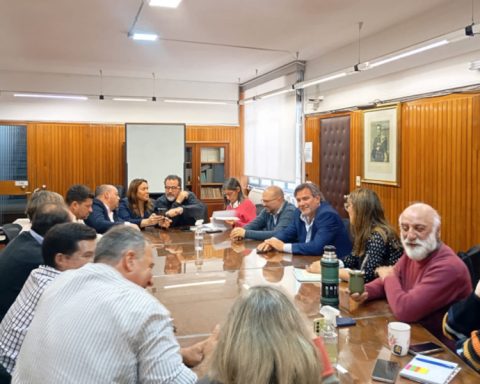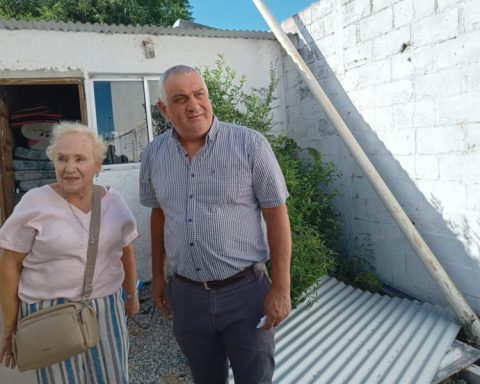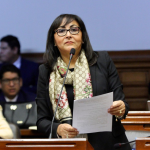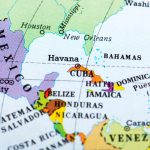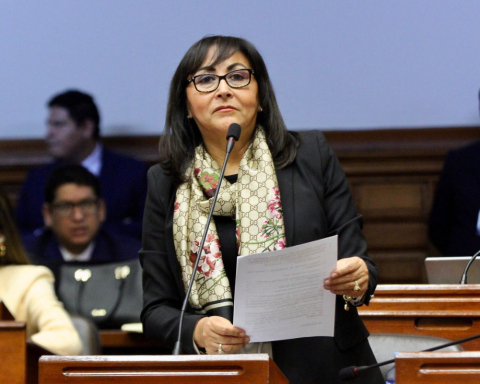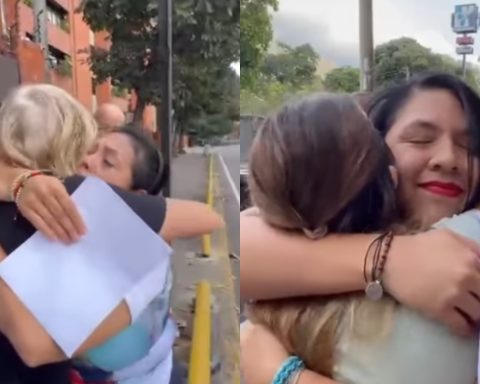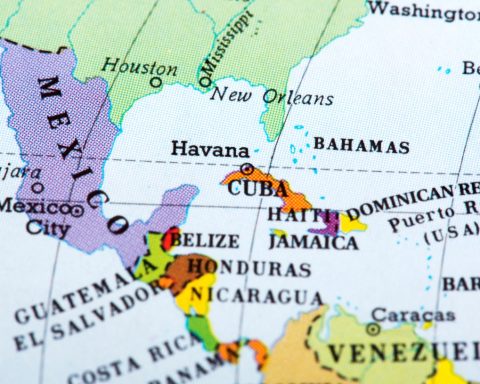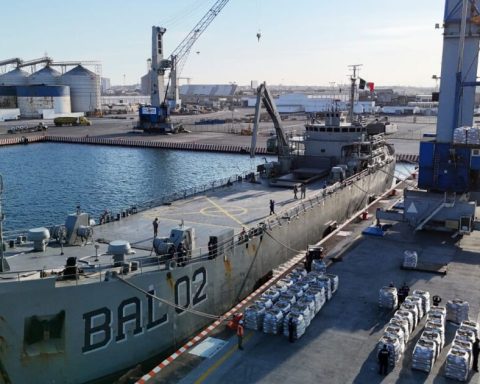A survey carried out by Techo maintains that almost 60% of people living in settlements consider that the population living within them has grown compared to before the pandemic. The survey entitled “Socioeconomic Impact of the Health Emergency by Covid-19 in 55 settlements in Montevideo” was carried out to 55 community leaders from the neighborhoods in telephone calls.
When asked “If you had to compare the current population of the settlement where you live with the population before the start of the health emergency, would you say that…”, the 58.2% argued that more people live in settlements today, the 40% pointed out that the amount is more or less the same, while the 1.8% considered that there are fewer people currently living.
In turn, in the survey “the people surveyed were asked to identify the two main needs of the families who lived in the same settlement as them,” the report details. The 42.1% responded that their greatest need is to access food while the second need mentioned was access to sources of employment (15.8%) as well as access to drinking water and sanitation.
With regard to poor access to food, the 52.8% of those surveyed consider that few families in their settlements can access the three daily meals, the 35.8% that all families can while the 7.5% believes that no family has access to all three meals. In turn, the 71% noted that their food situation is worse than before the pandemic.
Regarding the perception they had of the support to face the pandemic from state entities and civil society, the latter are better evaluated but the opinions are not very beneficial. The 31.5% considered that the State did not support “Nothing” while the “20.8%” considers that neither did civil society organizations. At the other extreme, the 13% considers that the State supported “A lot” while the 22.6% He pointed out the same of social organizations.
Faced with these situations, Techo recommends that it be strengthened “the support for picnic areas and popular pots that nowadays guarantee the feeding of families that cannot be self-sufficient in the necessary food to cover the three daily meals“, “increase support to families through more and larger cash transfers“, to guarantee the feeding, “increase social protection measures through a greater presence of social policies and technical support in the territory” as well as “complement economic support for families with measures that facilitate access to formal and secure employmentthrough specific training and key agreements with potential employers” so that they can improve their economic level as well as access social benefits such as unemployment and sickness insurance.



